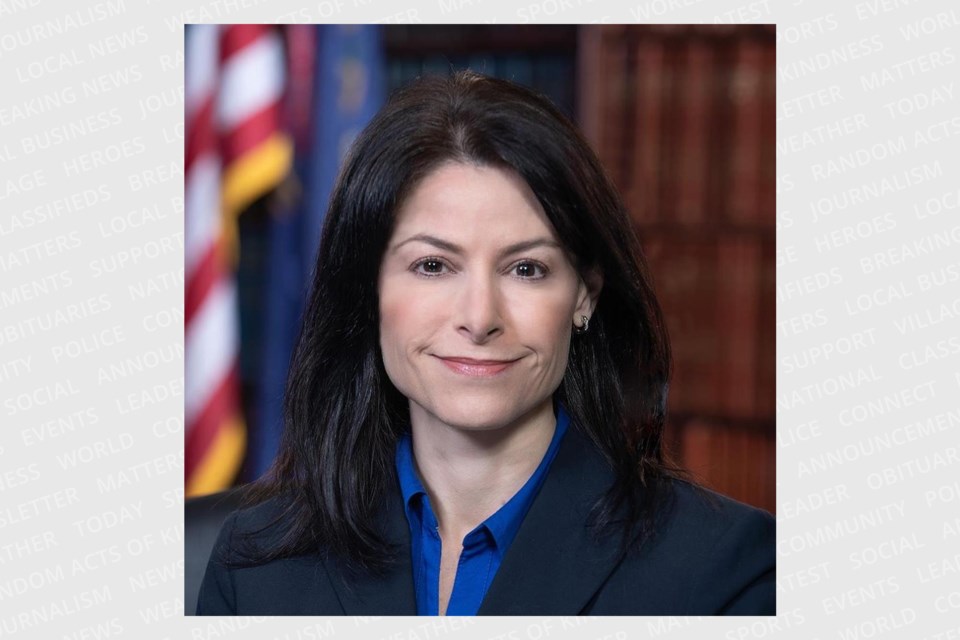NEWS RELEASE
AG DANA NESSEL
*************************
Michigan Attorney General Dana Nessel issued the following statements in response to today's United States Supreme Court decisions:
Biden v. Nebraska:
“Tens of millions of Americans have been saddled with significant student debt, limiting their opportunities. This plan would have benefitted 843,000 Michigan middle and lower-income residents, worth at least $8 billion to the State’s residents. Today's disappointing court ruling reverses the will of the majority of Americans who elected the Executive and Legislative branch to serve with this authority and robs them of much needed relief.”
303 Creative LLC v. Ennis:
"This morning the Supreme Court held, for the first time, that a business that chooses to hold itself open as a public accommodation may refuse service to members of a protected class under state law, though it limited its holding to those cases in which the services offered involve expressive speech.
"Our office joined twenty other states in signing a multistate amicus brief that argued against this result, urging the Court to allow states to work to prevent discrimination against LGBTQ individuals, as Michigan has.
"As Justice Sotomayor noted in her powerful dissenting opinion, there has recently been a ‘backlash to the movement for liberty and equality for gender and sexual minorities.’ Today’s decision is an unfortunate symptom of that recent backlash. But the scope of the holding is limited, and does not threaten the entirety of the recent progress made in Michigan in enacting these protections, as it will only impact cases that involve expressive conduct.
"Importantly, the majority held that the First Amendment applied to bar Colorado’s law in this case because a wedding website, in the Court’s view, constitutes expressive speech. As we argued in the amicus brief we submitted to the Court, a website designer does not ‘speak’ by offering a product or service to customers. Nevertheless, the Court rejected this argument and held that Colorado’s law, applied here, would compel the speech of the petitioner.
"This holding has no impact on Michigan’s Elliott-Larsen Civil Rights Act (ELCRA) when it is applied to protect against discrimination in the provision of public accommodations that do not constitute speech. My office will continue to fight to enforce Michigan’s ELCRA consistent with the First Amendment to protect the equal rights of all Michiganders."
*************************



